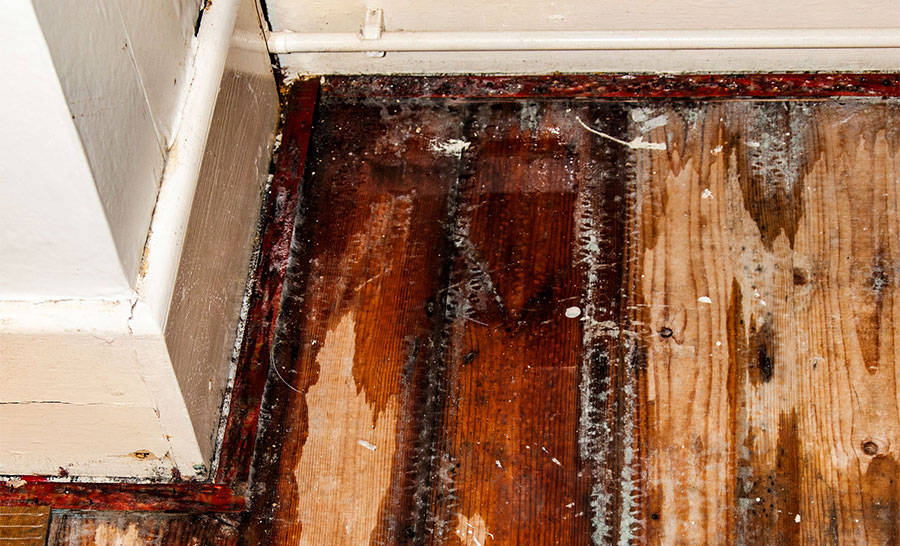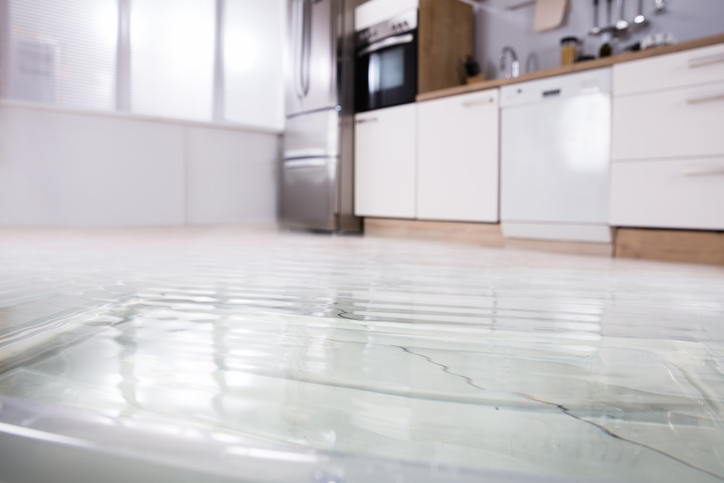Rates
Almost everyone is bound to have their unique piece of advice on the subject of Top leak detection hacks.

Climate adjustment as well as global warming have made their mark not simply on countries yet also neighborhoods. When risk-free locations have actually experienced much more flooding as well as groundwater breach contrasted to recent years, the. For numerous house owners, groundwater intrusion is already a migraine as it breaks through the surface.
Knowing the indications is always a key for prevention as well as mitigating water damage as well as groundwater invasion. Groundwater invasion is just one of the worst damages to your house. To avoid groundwater guideline, routine evaluation of leaks in your home as well as inspect if your cellar is wet. A damp cellar implies that groundwater is coming in from below your home or close by.
A raised amount of groundwater makes your house more vulnerable to flooding. You can still stop groundwater from damaging your beloved residence.
Water resistant your Basement
Water resistant your basement currently and also don't wait prior to it's far too late. This action should be a have to particularly if you remain in a location prone to flooding. Waterproofing ought to be done prior to the sight of a flooding appears. If you do not hurry, the groundwater can barge in with rain and also flood.
To waterproof your basement, load the basement with even more concrete to avoid any kind of groundwater concerns. You need to get rid of and prep the location all the things kept in that area. This task ought to be a top priority and also is the very best long-lasting remedy to the issue. Installing concrete and using waterproofing actions seals your basement and also safeguards it from water invasion.
Take Into Consideration Mounting a French Drainpipe System
A French drainpipe system comes with polypropylene tubes. The benefit of this system is it safeguards your residence from extra issues as it avoids the water from permeating right into your foundation.
Additionally, this system stops your floorings from water flooding. The system is very easy to mount - you easily replace this kind as well as fit of system anytime.
Invest in A Number Of Sump Pumps
The pump's key objective is redirecting the water from inflowing your residence. This device can secure your house from increasing groundwater. A sump pump will certainly provide a layer of protection if you really feel anxious concerning groundwater seeping into your cellar.
Mount these pumps (and several of them) in your cellar or crawlspace. When installing, ensure that the tubing is placed into a drainpipe or out onto the street.
Raise the Home Completely
Raising the structures of your home completely is a long-time as well as effective solution to stop incoming groundwater. The overall procedure includes producing a brand-new, greater structure to increase the house above the flood zone.
Applying these ideas will certainly assist secure your home and also properties versus water damages. However if you tried all of these tips as well as still got water damage, it's best to employ the professionals. Call a water reconstruction company immediately to help you get back on course.
The when risk-free locations have actually experienced more flooding and also groundwater invasion contrasted to current years. Knowing the indicators is constantly a key for avoidance as well as mitigating water damage and also groundwater invasion. Groundwater intrusion is one of the worst problems to your residence. To protect against groundwater direction, regular evaluation of leakages in your home and also check if your cellar is wet. To water-proof your cellar, fill up the basement with even more concrete to stop any type of groundwater concerns.
Tips for removing water and drying your hardwood flooring after a flood
Water and wood just don t mix. If you ve been following the aftermath of Hurricane Harvey or Hurricane Irma, this should come as no surprise. When water sits on top of hardwood floors, it can permanently ruin the hardwood as the wood will absorb the water through its pores causing warping and discoloration. So, if you have a flood or water damage (or even just a spill) on your hardwood flooring, you ll want to remove the water and dry your floors as quickly as possible.
What happens when your hardwood absorbs water?
Wood can get wet (or moist) in a number of ways a flood from outside from the rain, leaky pipes (or frozen pipes), ice damming, a toilet overflow, a leaky roof, a hurricane or storm, an appliance breaks or leaks (e.g. dishwasher or washing machine), a fire (with water used to extinguish the fire), water spills/accidents, pet accidents, a high water table in the ground that then forces water into your sub-floor from the ground.
Will my insurance company cover my water damaged flooring?
Whether or not your insurance will be cover the damage depends on your insurance plan and the cause of the damage. Please note that most homeowners (less than 20%) have flood insurance. So, if the damage was from flooding (i.e. it came from outside the house), there s a good chance you aren t covered.
Use a wet vacuum to suck up all the standing water
You want to quickly absorb as much water as you can. Note: you may want to turn to a professional mitigation company as they specialize on water extraction and have the best equipment. If you choose to do this yourself, here s a wet vacuum I d recommend. Note: keep vacuuming even after you ve removed all visible water as there is still water from the invisible pores in the wood. You ll see that that the wet vacuum continues to suction up water for a while.
Clean the surface with a disinfectant
Remember, you need to prevent mold in addition to preserving your hardwood floors. You should use a non sudsy disinfectant (e.g. Mr Clean). Once you ve finished this, use the wet vacuum again to remove any leftover water.
Use a dehumidifier
Place a dehumidifier in the center of room. If you can get more than one, that s even better. Be sure to clear the water every few hours (and make sure the filter is clean as well). Make sure the dehumidifier runs for at least 24 hrs, but you may need to use it for 2 to 3 days or even longer, pending on the severity of the water. In some cases, it s advisable to use a dehumidifier for several weeks.
Supplement with large fans (and air conditioning)
Accelerate the drying process with fans. Point the fans towards the floor. Also, be sure to open the windows around 2 inches for better air circulation/ventilation (and keep the door open). This will allow excess moisture to evaporate and create more cross ventilation. (If it s raining or extremely humid outside, then keep the windows shut and just keep the doors to other rooms open and use a dehumidifier). Put the fans on the highest level (i.e. full blast) and point them towards the floor. If you have some that oscillate, even better.
https://theflooringgirl.com/blog/save-hardwood-floors-water-damage-flood/

We are very involved in Locating water leaks and I hope you enjoyed reading the new piece. If you enjoyed reading our article if you please don't forget to share it. Thanks for going through it.
Click Here!